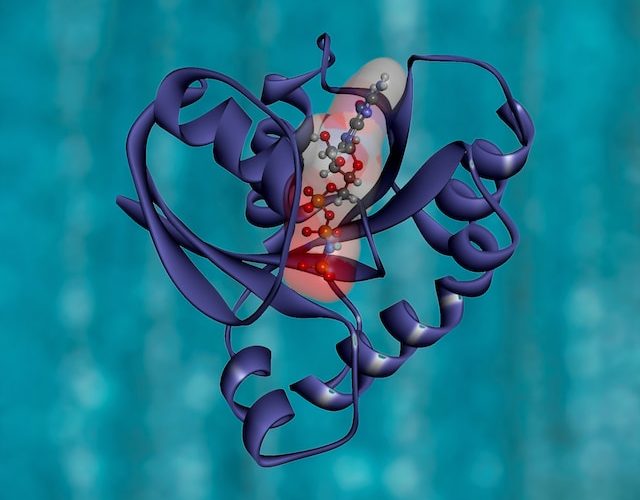In a world grappling with the devastating impact of Alzheimer’s disease, a glimmer of hope emerges from an unexpected source: mutations. While commonly associated with negative health outcomes, recent scientific studies have revealed that certain genetic variations may provide a protective shield against the development of Alzheimer’s disease, shedding light on potential avenues for prevention and treatment. This groundbreaking research challenges long-held assumptions and beckons us to reimagine our understanding of genetics and neurodegenerative diseases.
Alzheimer’s disease, a progressive neurological disorder, affects millions worldwide, robbing individuals of their memories, cognitive abilities, and ultimately their identities. Until now, the prevailing belief was that the development of Alzheimer’s was solely linked to the accumulation of amyloid-beta plaques and tau tangles in the brain. However, a growing body of evidence suggests that genetic variations can influence an individual’s susceptibility to this debilitating disease.
Scientists have identified specific mutations in genes associated with Alzheimer’s disease, such as APP, PSEN1, and PSEN2, that can either increase or decrease the risk of developing the condition. The discovery of protective mutations has ignited excitement among researchers and healthcare professionals, offering a potential path toward developing targeted therapies or interventions.
One such mutation, known as A673T, is found in the APP gene and has been found to significantly reduce the risk of Alzheimer’s disease. This intriguing finding was initially observed in a population of Icelandic individuals, where approximately one in 200 people possess this protective mutation. Individuals carrying the A673T mutation produce a modified form of amyloid-beta that is less prone to aggregation, thus lowering the chances of plaque formation and subsequent neuronal damage.
Although this finding provides a glimmer of hope, it is important to note that the protective effects of these mutations are relatively rare in the general population. However, they serve as vital clues that can unlock the secrets of Alzheimer’s disease and pave the way for novel therapeutic approaches. By understanding the mechanisms behind these mutations, researchers can gain valuable insights into the underlying processes involved in the development and progression of the disease.
While harnessing the potential of these mutations is a promising avenue, it is equally important to approach this topic with caution. Ethical considerations and potential pitfalls must be navigated. Genetic testing and counseling become crucial in ensuring that individuals receive accurate information, support, and appropriate advice. It is imperative to strike a balance between optimism and responsible reporting, fostering informed discussions and ensuring the dissemination of accurate information to the public.
In conclusion, the discovery of protective mutations against Alzheimer’s disease represents a turning point in our understanding of this complex neurodegenerative disorder. As science delves deeper into the intricate relationship between genetics and Alzheimer’s, these findings offer hope for prevention, early intervention, and personalized treatment options. While much research lies ahead, the significance of these mutations cannot be understated. They serve as beacons of progress, illuminating a path towards a future where Alzheimer’s may be conquered, and the devastating impact on individuals, families, and society mitigated.












